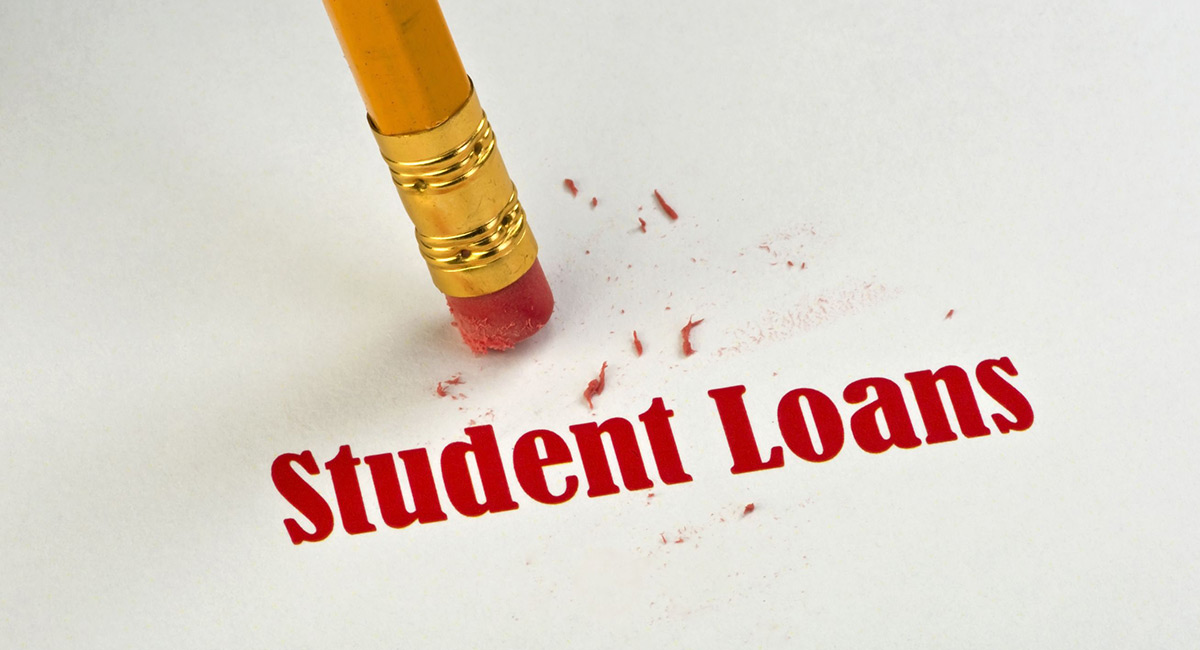This is not the first time, nor probably the last, that I have given my views about forgiving federal student loans. It was a horrible idea when first proposed, and remains so today—perhaps more so than ever.
Before, discussing loan forgiveness, I repeat my longstanding opposition to the entire federal student loan program. It has dramatically raised the cost of college. My educated guess is that without that program for the last 50 years or so, tuition fees today would be about one-half of what they actually are. Federal student loans have contributed to the underemployment of college graduates accompanying the over-investment by the federal government in higher education programs. It has led to lower academic standards as manifested in grade inflation and other things reducing academic effort. It has enhanced the highly undesirable over-centralization of higher education decision-making in Washington, D.C. It has substantially funded a massive collegiate administrative bureaucracy that is anti-intellectual, anti-innovative, but profoundly rent-seeking and power and wealth maximizing.
But let’s turn to student loan forgiveness. Petitions are circulating with many signatures arguing that student loan forgiveness is great way to stimulate an economy suffering the ravages of Covid-19. Some $1.6 trillion in private household wealth will be created overnight, stimulating consumer spending, leading to lower unemployment. Politically, it is the kind of stimulus that might gain bipartisan support in an era of acute political paralysis characterized by a Congress that most Americans hold in contempt.
Why, then, do I object? First of all, forgiveness is simultaneously hideously unfair and promotes highly unproductive economic behavior. It is unfair to millions of law-abiding Americans who take their contractual obligations seriously, and who have paid back their student loans. They sacrificed to meet their legal obligations, while, with loan forgiveness, many others will be free of those obligations, some of whom were individuals living good lives and spending a lot rather than being frugal in order to meet their legal financial responsibilities.
In effect, loan forgiveness undermines the rule of law and core principles of free market capitalism. It says “contractual arrangements may be abrogated by the government.” It introduces uncertainty into governmental dealings with private individuals—will the government change the rules of the game? If so, when, how much, and to whose advantage?
Moreover, America has gone on an unprecedented debt binge, with the net national debt expected to pass 100% of annual output very shortly. Three major nations—Japan, Italy, and Greece—all have national debt to GDP ratios above 100 %, and all have undergone severe economic stagnation. Debt forgiveness reduces payments to the Treasury, increasing future budget deficits. The nation needs to go on a fiscal diet, not a binge.
Moreover, forgiveness would probably effectively emasculate future federal college lending. Who would ever repay a loan if the prospects are high for loan forgiveness? The notion of “free college” is madness, encouraging the greater use of resources for an inefficient area, higher education, where college graduates already are underemployed and where incremental students entering college would typically have poor prospects for success, unless we reduce already low standards of expected academic achievement still further.
Short of eliminating it, are there potential reforms that could improve the lending program? Sure. A case can be made to allow student loans to be dischargeable in bankruptcy. There should be a crackdown on persons who are serial loan borrowers for multiple graduate degrees, with an absolute maximum limit on total borrowing. Better yet: cut off student loans for students doing poorly academically—that is what universities themselves do with students on scholarships. Why not encourage private lending instead of government lending? Why not offer alternative ways of financing schooling, such as Income Share Agreements? Why not promote cheaper non-degree learning programs, perhaps offering financial assistance for them?
I must say I am not sanguine about the future. The Washingtonian perspective is “throw more money at the problem,” in this case by loan forgiveness or tuition subsidies that reward and promote inefficiency. The Democrats, if they take control, feel they owe favors to their allies in higher education, while the Republicans have lost much of their traditional concern about financial soundness and promotion of fiscal conservatism.












